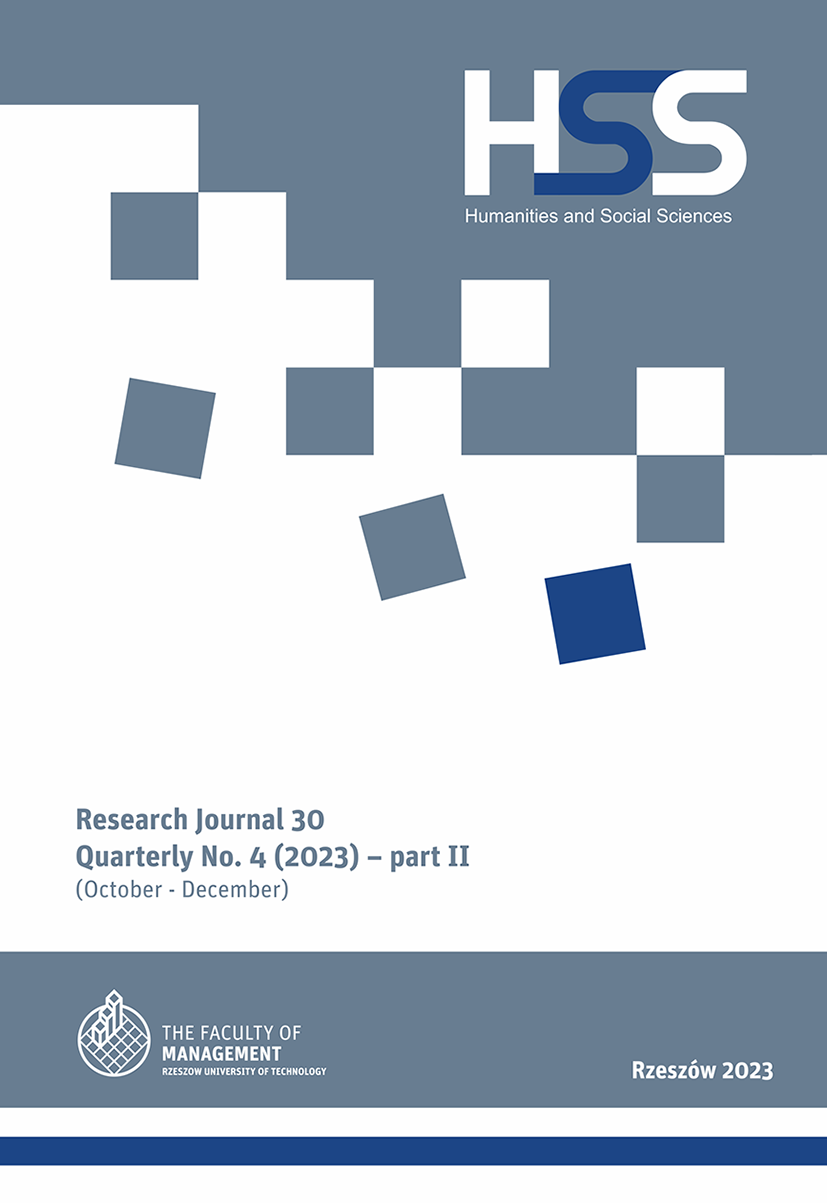Abstract
The work considers the problem of optimising the urban charging infrastructure as
a multi-channel mass service system with a queue. Queues at charging stations are due to the shortage of energy resources in the studied region. An algorithm has been developed and implemented to optimise a charging station for electric vehicles based on the criterion of meeting charging demand has been developed and implemented. At the same time, the main parameters of the system during peak hours were taken into account. The algorithm allows to determine the optimal number of chargers at the station depending on the target value of the demand for charging in the customer radius area. To implement the charging station optimisation model, taking into account the requirements of the entrepreneur, an algorithm has been developed to determine the average queue length based on dynamic data structures. The algorithm is based on an object-oriented modeling paradigm and supports the possibility of using variable statistical values that change during the day. The optimisation algorithm in the charging infrastructure development management system at the business level uses parameters obtained at the customer and society levels. Thus, the connection between the levels of management of the development of the urban charging infrastructure and the possibility of their consistent application has been proven.
References
Allouhi, A., Rehman, S. (2023). Grid-connected hybrid renewable energy systems for supermarkets with electric vehicle charging platforms: Optimization and sensitivity analyses. “Energy Reports”, Vol. 9. DOI: 10.1016/j.egyr.2023.02.005.
Azin, B., Yang, X., Marković, N., Xiong, C. (2023). An incentivized scheme for electric vehicle charging demand management. “Transportation Research Part C: Emerging Technologies”, Vol. 155. DOI: 10.1016/j.trc.2023.104288.
Barman, P., Dutta, L., Bordoloi, S., Kalita, A., Buragohain, P., Bharali, S., Azzopardi, B. (2023). Renewable energy integration with electric vehicle technology: A review of the existing smart charging approaches. “Renewable and Sustainable Energy Reviews”, Vol. 183. DOI: 10.1016/j.rser.2023.113518.
Gavranovic, H., Barut, A., Ertek, G. et al. (2014). Optimizing the Electric Charge Station Network of ESARJ☆ [J]. “Procedia Computer Science”, 31. DOI: 10.1016/j.procs.2014.05.240.
Gulbahar, I.T., Sutcu, M., Almomany, A., Ibrahim, B.S.K.K. (2023). Optimizing Electric Vehicle Charging Station Location on Highways: A Decision Model for Meeting Intercity Travel Demand. “Sustainability”, 15. DOI: 10.3390/su152416716.
Hanabusa, H., Horiguchi, R. (2011). A Study of the Analytical Method for the Location Planning of Charging Stations for Electric Vehicles [In:] König, A., Dengel, A., Hinkelmann, K., Kise, K., Howlett, R.J., Jain, L.C., eds., Knowledge-Based and Intelligent Information and Engineering Systems. KES 2011. “Lecture Notes in Computer Science”, Vol 6883. Springer, Berlin, Heidelberg. DOI : 10.1007/978-3-642-23854-3_63.
Li, Zh. (2019). Research on the distribution of electric vehicle charging station, 4th international conference on energy science and applied technology. Chongqing City, China, AIP Conference Proceedings 2066, 020021. DOI: 10.1063/1.5089063.
Liubyi, Ye., Larin, D. (2020). An Approach to Forming of Electromobiles Charging Stations Network in the Kharkiv-Berdyansk Direction. “Control, Navigation and Communication Systems”, 2(60) [in Ukrainian]. DOI: 10.26906/SUNZ.2020.2.044
Mohammed, A., Saif, O., Abo-Adma, M. et al. (2024). Strategies and sustainability in fast charging station deployment for electric vehicles. “Sci Rep”, 14. DOI: 10.1038/s41598-023-50825-7
Shengcan, Yu. (2019). The planning system of charging network, 4th international conference on energy science and applied technology. Chongqing City, China, AIP Conference Proceedings 2066, 020041. DOI: 10.1063/1.5089083.
Śmieszek, M., Kostian, N., Khrutba, V., Mateichyk, P., Mościszewski, J. (2023). A Multi-Level Approach to the Target Development of the Electric Vehicle Charging Stations Network. “Transportation Research Procedia”, 74. DOI: 10.1016/j.trpro.2023.11.260.
Sun, D., Ou, Q., Yao, X. et al. (2020). Integrated human-machine intelligence for EV charging prediction in 5G smart grid. J Wireless Com Network, 139. DOI: 10.1186/s13638-020-01752-y.
Taha, Hamdy A. (2007). Operations research. An introduction, 10th editions. New Jersey: Pearson Education, Inc.
Tarandushka, L. Kostian, N., Tarandushka, I., Kurko, S., Klimov, E., Melnychenko, M. (2022). Method of Determining and Locating the Optimal Number of Charging Stations for Electric Transportation in Settlement. „Central Ukrainian Scientific Bulletin. Technical Sciences”, 6(37), part. ІІ [in Ukrainian]. DOI: 10.32515/2664-262X.2022.6(37).2.57-67.
Thingvad, A., Andersen, P.B., Unterluggauer, T., Træholt, C., Marinelli, M. (2021). Electrification of personal vehicle travels in cities – Quantifying the public charging demand. “eTransportation”, Vol. 9. DOI: 10.1016/j.etran.2021.100125.
Unterluggauer, T., Rich, J., Andersen, P.B., Hashemi, S. (2022). Electric vehicle charging infrastructure planning for integrated transportation and power distribution networks: A review. “eTransportation”, Vol. 12. DOI: 10.1016/j.etran.2022.100163
Wadi, M., Elmasry, W., Jouda, M., Shahinzadeh, H. and Gharehpetian, G.B. (2023). Overview of Electric Vehicles Charging Stations in Smart Grids. 13th International Conference on Computer and Knowledge Engineering (ICCKE), Mashhad, Iran, Islamic Republic of. DOI: 10.1109/ICCKE60553.2023.10326265.


